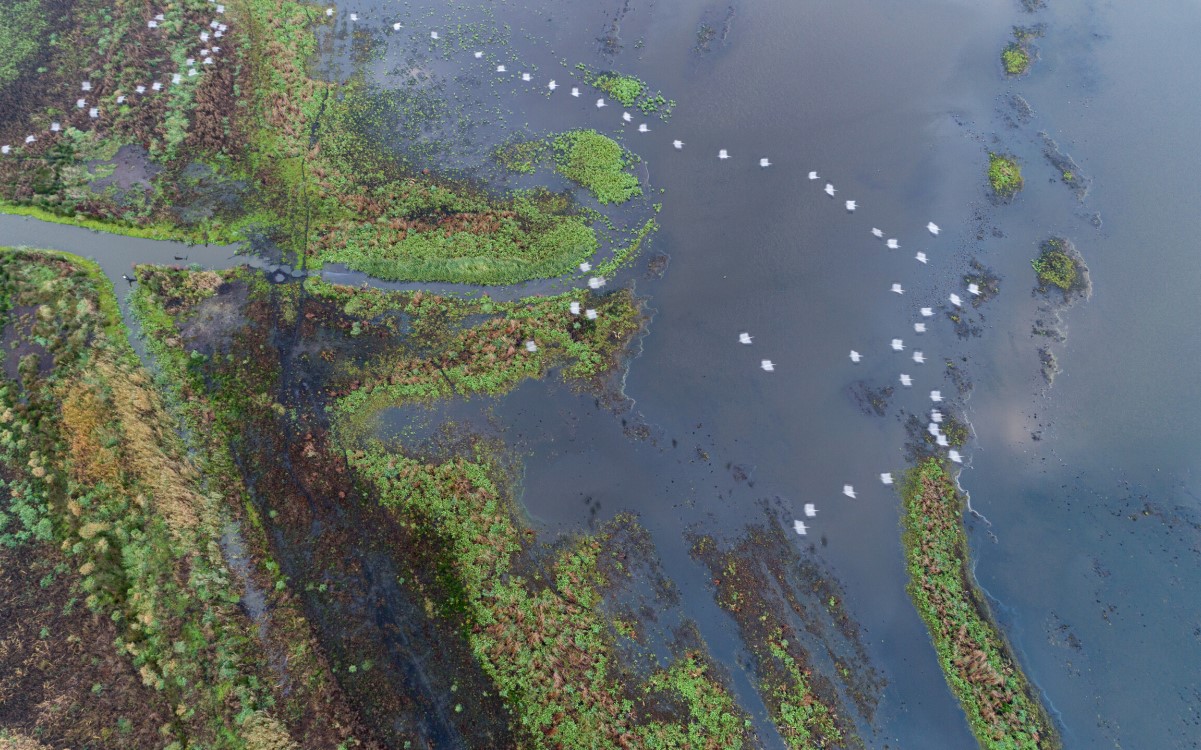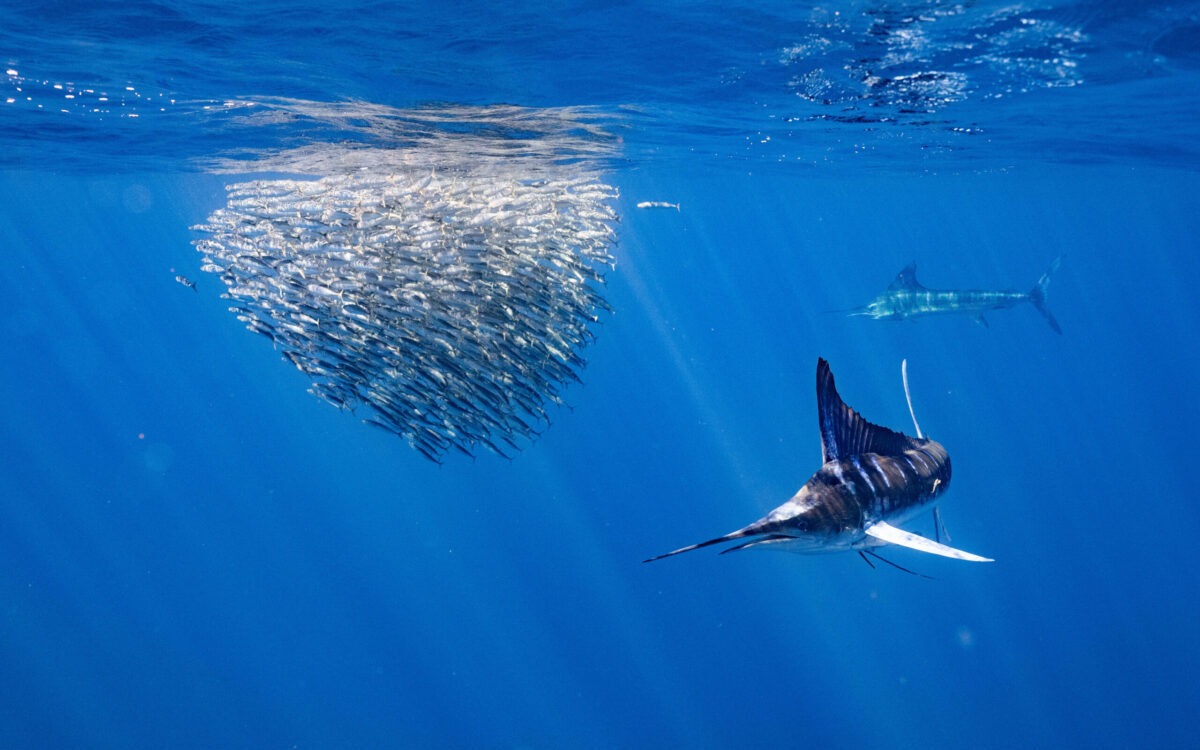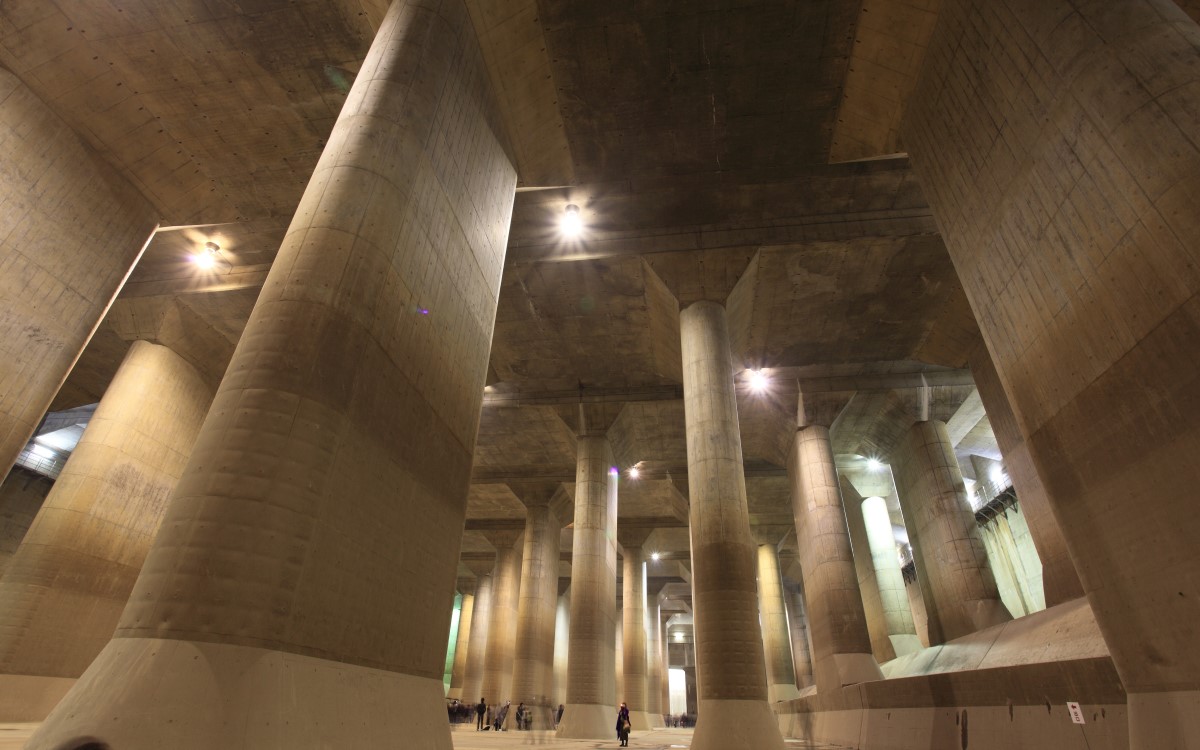Karmenu Vella, Commissioner for Environment, Maritime Affairs and Fisheries, said: “EU water law is a considerable success, reversing a long-standing trend of decline. But there is still much to do – most of Europe’s 130,000 water bodies are falling short of the high standards we need. I am calling on Member States to step up their efforts and ensure we deliver the quality that citizens need and nature requires, as soon as possible.”
The report looks at how Member States have implemented EU water legislation, highlighting successes and shortcomings. It assesses Member States’ river basin management plans that run from 2015 to 2021. It follows a 2018 report from the European Environment Agency showing that water quality in Europe is slowly improving, thanks to urban wastewater treatment, reduced pollution from agriculture and greater numbers of rivers and lakes returning to a more natural state. But problems remain throughout the EU with chemical pollution, over-abstraction of water, in particular for agriculture, and thousands of obstacles hindering the natural flow for rivers, with negative consequences for water quality.
The findings include significant improvements in knowledge and reporting on the Water Framework Directive compared to the previous reporting cycle. More Member States reported in a timely manner, with more comprehensive, relevant and reliable information.
Compliance with the Water Framework Directive objectives is increasing gradually. Although in a number of Member States the right policy measures were taken and a number of financial investments made, in many river basins improvements in water quality will still take some time. While a large majority of groundwater bodies have achieved good status, less than half of surface water bodies are in good status, although some individual underlying trends are more positive. Various EU funds will continue to support these implementation efforts.
The path towards full compliance with the objectives of EU water legislation before the final 2027 deadline is now very challenging. Reporting shows that, although further measures will be taken until 2021, many others will be needed beyond 2021.
For the Floods Directive, very important steps have been taken. The current report, focusing on the first cycle of Flood Risk Management Plans, confirms that all Member States have fundamentally embraced the concept of flood risk management, although the quality of the results varies. Achieving the key objective of reducing the potential adverse consequences from significant flooding will require greater efforts from Member States in subsequent cycles.
To access background information and read the annex with recommendations to all Member States on the directives, visit the European Commission’s website.
EC reviews progress made in water quality and flood risk management
Kategorie: Sonstiges
Thema: Water Solutions
Autor: Jonas Völker
Das könnte Sie auch interessieren:
Passende Firmen zum Thema:
Publikationen
Sie möchten die gwf Wasser + Abwasser testen
Bestellen Sie Ihr kostenloses Probeheft
Überzeugen Sie sich selbst: Gerne senden wir Ihnen die gwf Wasser + Abwasser kostenlos und unverbindlich zur Probe!







